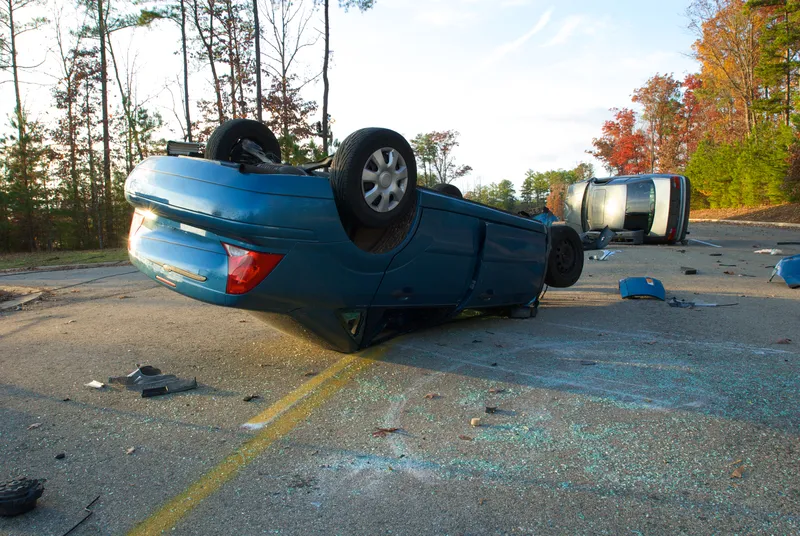The move is part of a CAN$81 million package to support public and road safety activities.
Funding will help train more police officers in standardised field sobriety testing and drug recognition expert evaluation. The money will also be used to purchase approved drug screening devices and develop standardised data collection and reporting practices to analyse trends of drug-impaired driving.
Bill Blair, minister of border security and organised crime reduction, says the government wants people to understand the dangers of driving while impaired by alcohol and drugs.
“Stronger penalties and law enforcement alone can’t resolve the problem; public education and awareness are important pieces of making it socially unacceptable,” he continues. “Today’s investment ensures that frontline police officers have the tools they need to detect drug-impaired drivers to keep our roads safe.”
Canada puts $2.5m into tackling drug-impaired driving
The government of Canada is investing CAN$2.5 million over five years to tackle drug-impaired driving in the province of Prince Edward Island.
The move is part of a CAN$81 million package to support public and road safety activities.
Funding will help train more police officers in standardised field sobriety testing and drug recognition expert evaluation. The money will also be used to purchase approved drug screening devices and develop standardised data collection and reporting practices to analyse
August 21, 2019
Read time: 2 mins
The government of Canada is investing CAN$2.5 million over five years to tackle drug-impaired driving in the province of Prince Edward Island.







